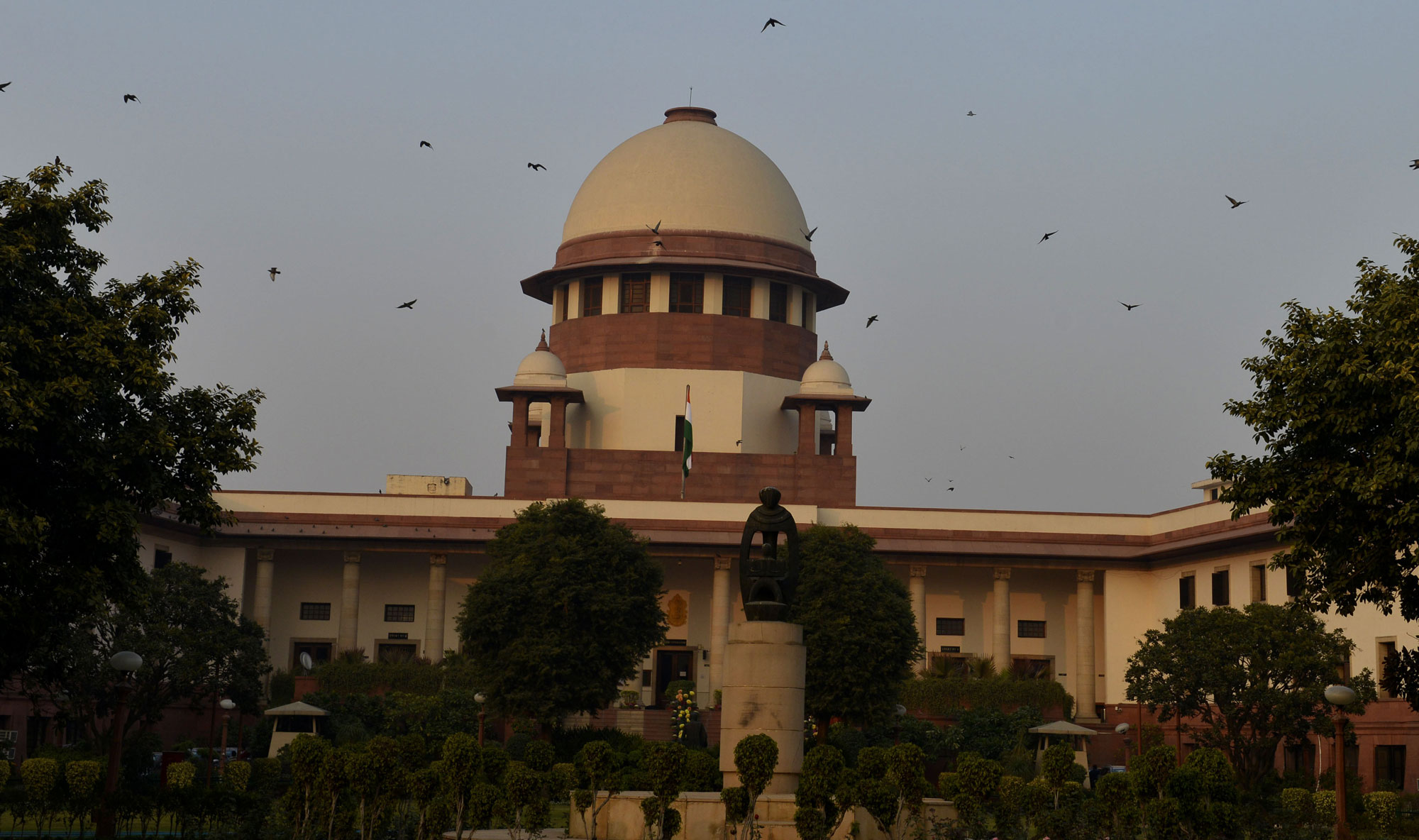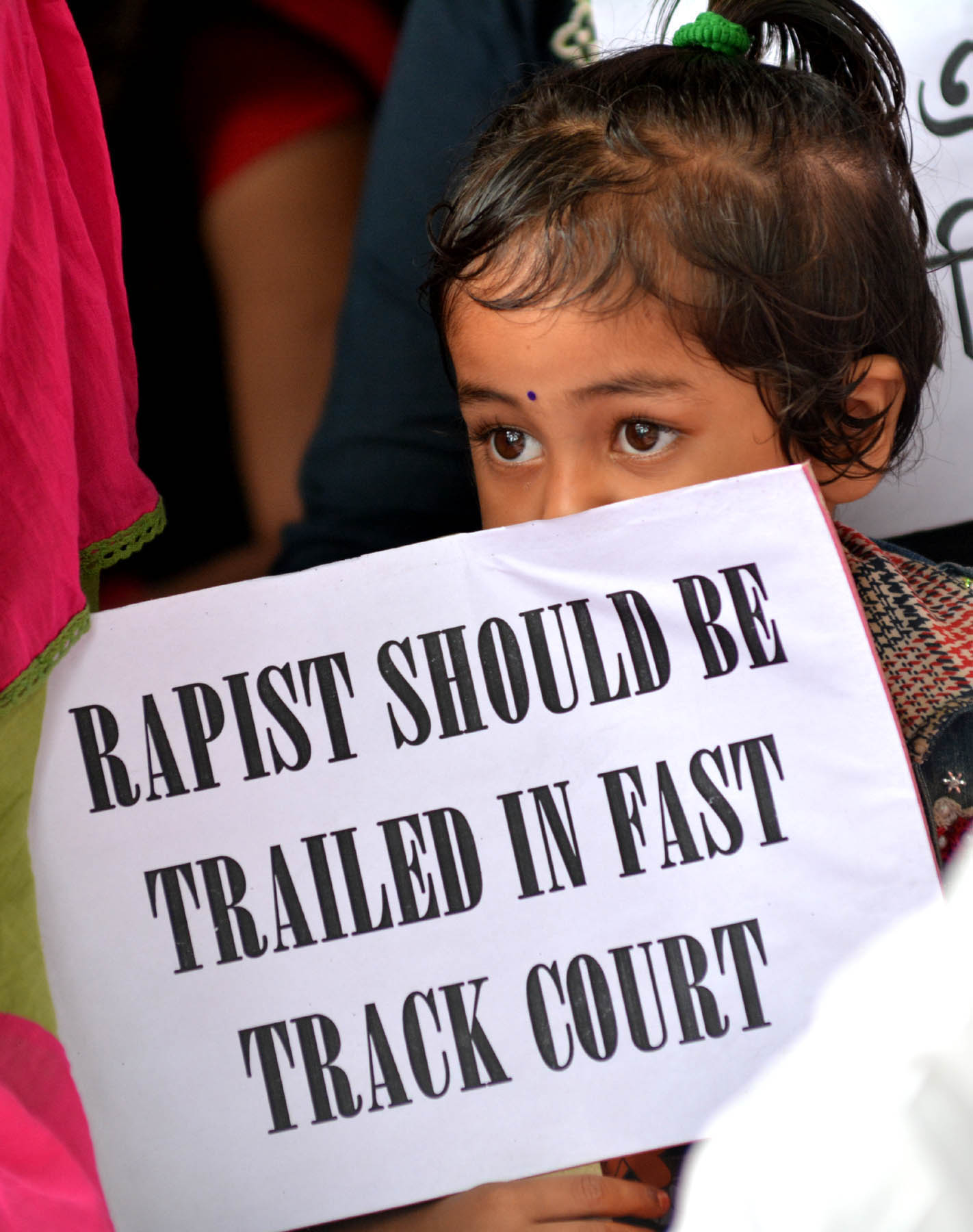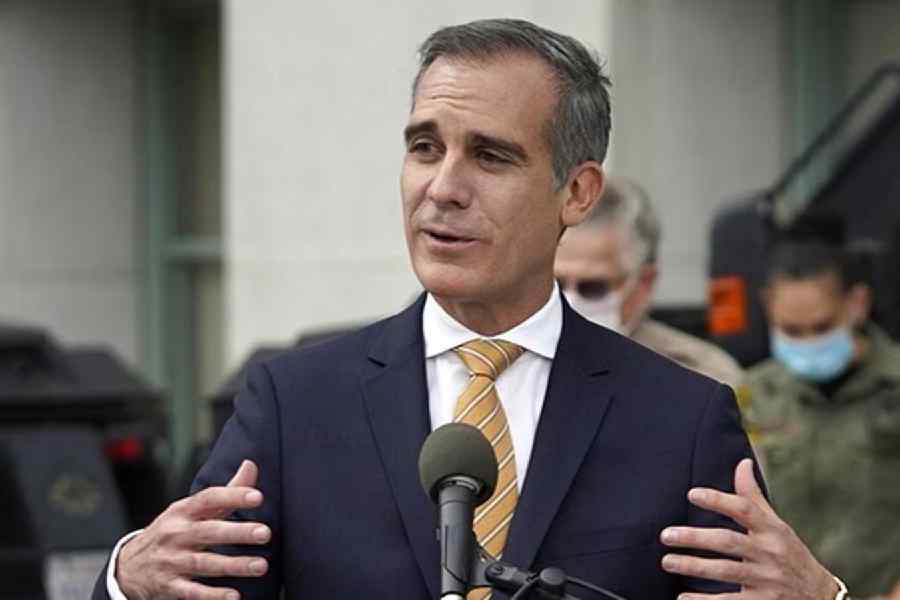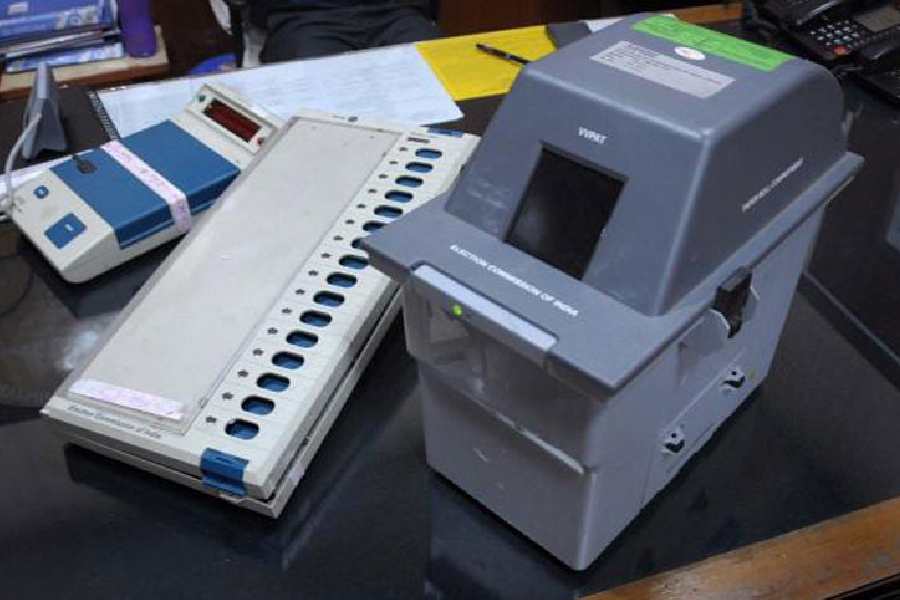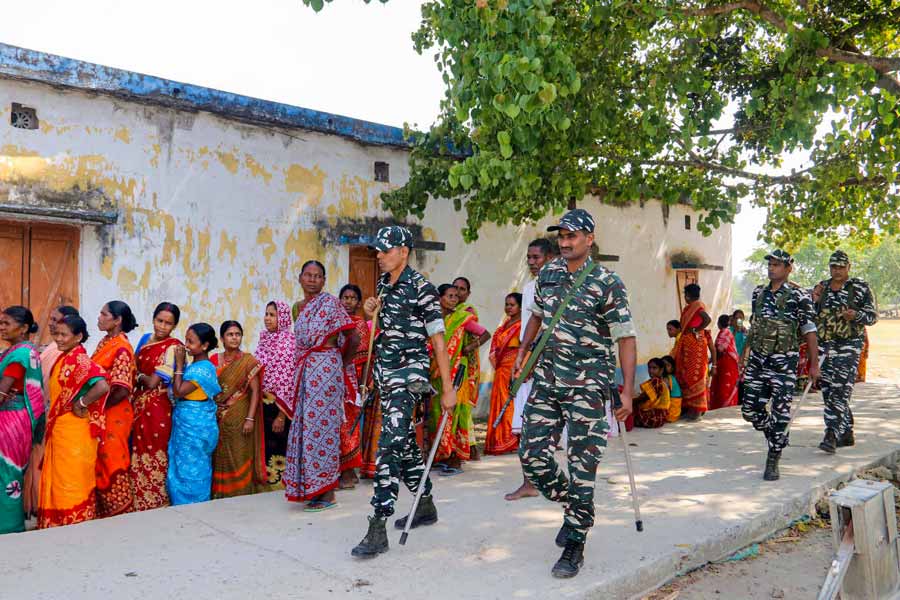The Supreme Court on Tuesday barred police from recording rape victims’ names in FIRs or court documents and the media from disclosing “any facts which can lead to the victim being identified”.
“Media” in this context includes print, electronic and social media, the bench of Justices Madan B. Lokur and Deepak Gupta clarified. Violation will carry jail terms between six months and two years.
Section 228A of the Indian Penal Code already prohibits the media from revealing rape victims’ identities.
In the FIRs, only a pseudonym should be used, the court said. Court officials and judges too have been directed to maintain the utmost confidentiality on rape victims’ identities.
The court was hearing a batch of public interest pleas that had cited the growing instances of the media reporting rapes in a way that eventually allowed the public to learn the victims’ identities.
“In one case, which made the headlines recently, though the name of the victim was not given, it was stated that she had topped the state board examination and the name of the state was given,” the judgment said.
“In another instance, footage (was) shown on the electronic media where the face of the victim is blurred but the faces of her relatives, her neighbours, the name of the village, etc, (are) clearly visible. This also amounts to disclosing the identity of the victim.”
The court added: “We, therefore, hold that no person can print or publish the name of the victim or disclose any facts which can lead to the victim being identified and which should make her identity known to the public at large.”
It suggested that all districts in the country try to set up “one-stop centres” to deal with rape cases, including investigation, counselling and trial. Such a centre, named Bharosa, is in place in Hyderabad and should be taken as a model, the apex court said.
PROTECTION
The Supreme Court on Tuesday passed a slew of directives asking the police and the courts not to reveal the identities of rape victims and children who have been sexually abused, and emphasising existing rules banning the media from doing so. It clarified that the prohibition applied to social media. Some of the directives:
- No one can print or publish in the print, electronic or social media a rape victim’s name or reveal any facts that can lead to the victim’s identity becoming public knowledge
- If the victim is dead or of unsound mind, her identity should not be revealed even with an authorisation from her next of kin unless a competent authority, which at present is the sessions judge, decides that the circumstances justify disclosure
- Any application by such next of kin to authorise disclosure of the victim’s identity should be made only to the sessions judge concerned until the government, acting on an earlier apex court directive, identifies social welfare organisations for the purpose
- FIRs relating to rape or to sexual offences against children will not name the victims and will not be put in the public domain
- If a rape victim appeals against a court order, she need not reveal her identity even in the court documents
- Police must keep documents that mention the rape victim’s identity in sealed covers. Duplicate documents, with the name of the victim removed, hall be placed among records that may be open to public scrutiny
- nAll authorities to whom the victim’s name is revealed by the investigating agency or the court must keep it confidential
- Revelation of a child victim’s identity can only be permitted by the special court dealing with the case, and only if such disclosure is in the child’s interest
- All the states and Union territories are requested to set up at least one “one-stop centre” — for investigation, counselling and trial in rape cases — in every district within a year
- The chairpersons of the various high courts’ juvenile justice committees will follow these directives to issue appropriate orders in individual cases and make sure that sincere efforts are made to set up the one-stop centres. They must also follow a Calcutta High Court judgment of 2017 that contains a series of directions on how to conceal the identities of child rape victims.

